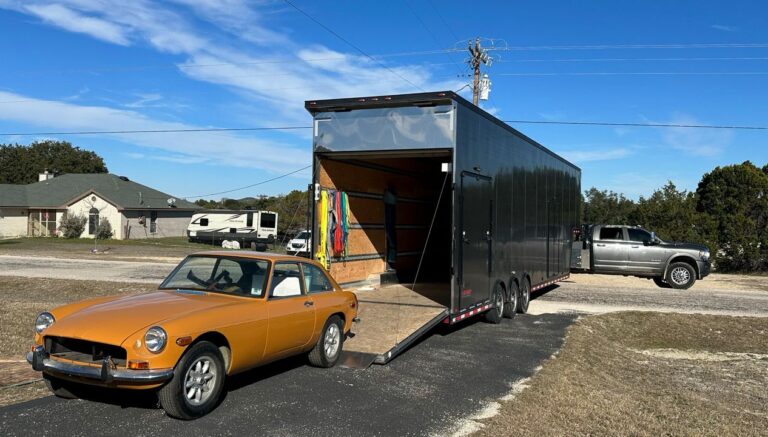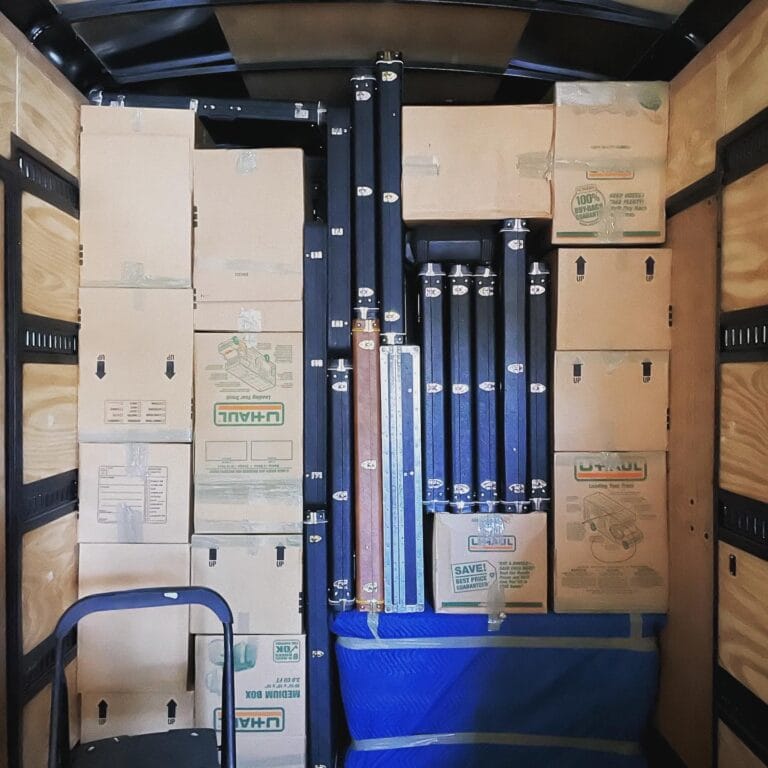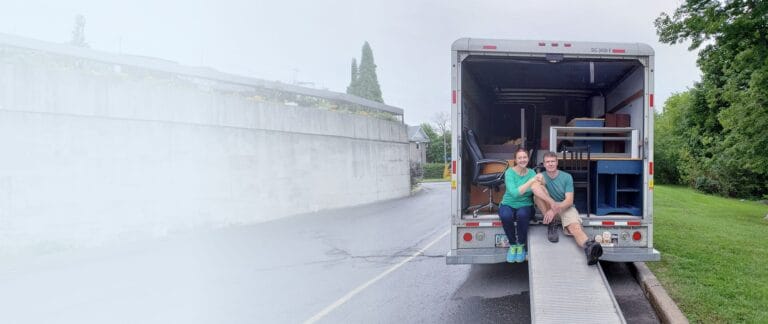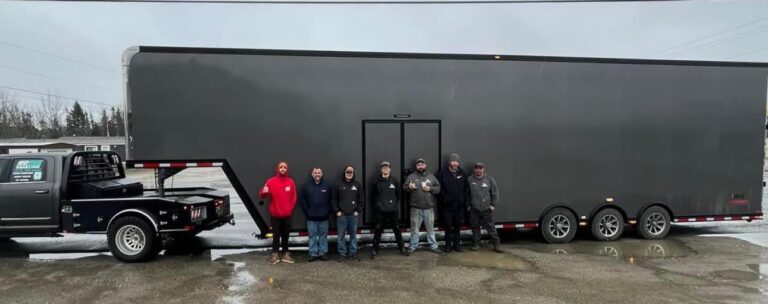Moving can be emotional for anyone, but for older adults preparing to downsize, relocate for retirement, or transition into assisted living, it represents far more than a change of address. It’s about letting go of a home filled with decades of memories and stepping into a new chapter with both uncertainty and hope.
In Georgetown, Texas, where the pace is peaceful and retirement communities are plentiful, many seniors find themselves at this crossroads. Whether you’re moving to be closer to family, transitioning into a retirement village, or downsizing to a simpler lifestyle, the experience often stirs up a complex mix of emotions. It also presents logistical challenges that require thoughtful planning, patience, and support.
This guide is designed to walk you through the process with care and clarity. It offers guidance on the emotional journey of letting go, tips for managing downsizing, and practical strategies for a smooth and respectful transition, so you or your loved one can move forward with dignity and peace of mind.
Acknowledge the Emotional Weight of the Move
One of the most significant aspects of moving as a senior is the emotional connection to home. Over the years, a house becomes more than a place—it’s the setting of life’s milestones, from raising children to celebrating anniversaries. Letting go of that space may stir feelings of grief, anxiety, and even guilt.
Signs It’s Time to Begin the Process:
- You find the daily upkeep of the home physically exhausting.
- Certain parts of the house (stairs, large yards) have become less safe or practical.
- Family or medical professionals have recommended a simpler living environment.
- You wish to be closer to loved ones or medical care facilities.
Acknowledging these feelings is the first step. It’s okay to grieve the change, even when the move is a positive one. Many seniors find comfort in talking through their emotions with family members, clergy, or professional counselors during this time.
At First Class Relocation and Storage, we understand that senior moving help requires more than boxes and trucks—it demands empathy, patience, and respect for the lifetime of meaning in each possession.
The Art of Downsizing: A Gentle Approach
Downsizing isn’t simply about reducing belongings—it’s a deeply personal process of reviewing a lifetime’s worth of memories. Deciding what to keep, donate, or let go can feel overwhelming without the right mindset and support.
Compassionate Downsizing Tips:
- Start Small: Begin with less sentimental areas like linen closets or pantries before tackling emotionally loaded spaces like bedrooms or family rooms.
- Use the “Four-Box Method”: Label boxes as Keep, Donate, Sell, and Discard to create clear sorting categories.
- Set a Timeframe: Allocate just 1–2 hours a day to avoid fatigue and allow time for thoughtful decisions.
- Involve Family: Invite adult children or grandchildren to help. They may wish to keep heirlooms or stories associated with items.
- Digitize Memories: Scan old photos or journals to preserve the past without needing to store bulky boxes.
- Respect Emotional Attachments: Take time to honor what items represent before letting them go. A photograph, written story, or shared memory can make parting easier.
In Georgetown, a city known for its strong sense of community and retirement-friendly amenities, many local nonprofits and churches accept household donations, making it easier to pass items along where they’re needed most.
Choosing the Right Help for a Senior Move in Georgetown
Moving later in life can come with physical and logistical limitations. Carrying boxes, lifting furniture, and navigating moving trucks is not practical or safe for many older adults. That’s why having the right professional support is essential.
When evaluating moving help in Georgetown, look for services that specialize in senior relocation and downsizing. These providers are trained to handle the unique needs of older adults with sensitivity and structure.
What to Look for in Senior Moving Help:
- Experience with Elder Moves: Not all movers are trained in senior support—choose a team like First Class Relocation with proven experience.
- Packing and Unpacking Services: Full-service movers can manage everything from boxing up china to setting up furniture in your new home.
- Flexible Schedules: Moves may need to be staggered over several days or aligned with the readiness of new accommodations.
- Storage Options: Climate-controlled storage is helpful for family heirlooms or seasonal items you’re not ready to part with.
- Patience and Compassion: Movers should operate at your pace, not theirs.
First Class Relocation and Storage offers specialized assistance for retirement transitions in Georgetown and the surrounding areas. Our team is equipped to guide, support, and handle your move with the dignity you deserve.
Staying Safe and Comfortable on Moving Day
Moving day itself can be physically and emotionally taxing. Being prepared and supported makes all the difference.
Moving Day Essentials:
Pack a Personal Bag: Include medications, important documents, a change of clothes, and daily necessities to avoid searching through boxes.
- Label Clearly: Mark boxes by room and priority (e.g., “Bedroom – Open First”) to streamline setup.
- Stay Hydrated and Rested: Arrange breaks, meals, and seating throughout the day to stay comfortable.
- Have Support Nearby: A friend or family member can provide reassurance and help answer mover questions.
Professional movers experienced with senior relocations will take the time to help you settle into your new space, whether it’s a retirement community, apartment, or smaller home, ensuring your comfort and security throughout the process.
FAQ: Moving Later in Life
Q: How long should I plan for the downsizing and moving process?
A: Most seniors benefit from a 4–8 week timeline to sort, pack, and emotionally prepare without being rushed.
Q: Is it possible to move in stages instead of all at once?
A: Yes. First Class Relocation offers flexible scheduling and short-term storage if a gradual transition suits your needs better.
Q: How do I choose what to keep if I’m moving to a smaller space?
A: Focus on daily-use items, comfort essentials, and pieces with deep sentimental value. Floor plans of your new space can guide furniture decisions.
Q: Can movers help pack everything for me?
A: Absolutely. Our team provides full-service packing and careful labeling to minimize the stress of preparation.
Q: What if I don’t want to be present during the entire move?
A: Many of our clients authorize a trusted family member to coordinate with us. We always operate with transparency, respect, and detailed communication.
Moving later in life is not just about changing locations—it’s about honoring where you’ve been while making room for new possibilities. Whether you’re relocating for health, family, or simplicity, the right support makes the journey easier.
At First Class Relocation and Storage, we’re committed to offering gentle, respectful, and experienced help for seniors in Georgetown. If you or a loved one is preparing for this important transition, we’re here to help every step of the way—with care, clarity, and compassion.








